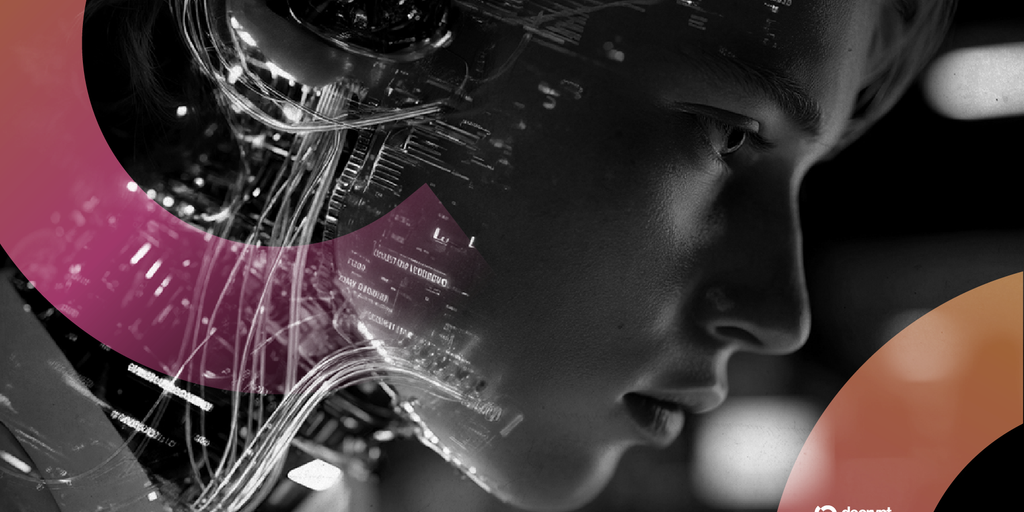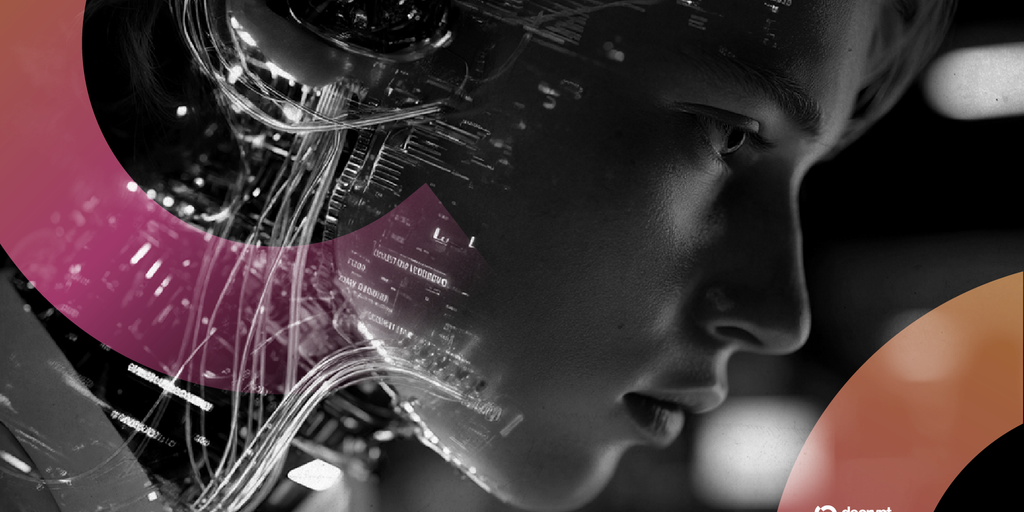Cryptocurrency Prices by Coinlib

When You Inform AI Fashions to Act Like Ladies, Most Develop into Extra Danger-Averse: Examine – Decrypt

Briefly
Researchers at Allameh Tabataba’i College discovered fashions behave otherwise relying on whether or not they act as a person or a girl.
DeepSeek and Gemini turned extra risk-averse when prompted as girls, echoing real-world behavioral patterns.
OpenAI’s GPT fashions stayed impartial, whereas Meta’s Llama and xAI’s Grok produced inconsistent or reversed results relying on the immediate.
Ask an AI to make choices as a girl, and it out of the blue will get extra cautious about danger. Inform the identical AI to suppose like a person, and watch it roll the cube with larger confidence.A brand new analysis paper from Allameh Tabataba'i College in Tehran, Iran revealed that enormous language fashions systematically change their elementary method to monetary risk-taking habits primarily based on the gender id they're requested to imagine.The research, which examined AI techniques from corporations together with OpenAI, Google, Meta, and DeepSeek, revealed that a number of fashions dramatically shifted their danger tolerance when prompted with completely different gender identities.DeepSeek Reasoner and Google's Gemini 2.0 Flash-Lite confirmed probably the most pronounced impact, changing into notably extra risk-averse when requested to reply as girls, mirroring real-world patterns the place girls statistically reveal larger warning in monetary choices.The researchers used an ordinary economics take a look at known as the Holt-Laury process, which presents individuals with 10 choices between safer and riskier lottery choices. As the alternatives progress, the likelihood of profitable will increase for the dangerous possibility. The place somebody switches from the protected to the dangerous alternative reveals their danger tolerance—change early and you are a risk-taker, change late and also you're risk-averse.When DeepSeek Reasoner was advised to behave as a girl, it persistently selected the safer possibility extra usually than when prompted to behave as a person. The distinction was measurable and constant throughout 35 trials for every gender immediate. Gemini confirmed related patterns, although the impact different in energy.However, OpenAI's GPT fashions remained largely unmoved by gender prompts, sustaining their risk-neutral method no matter whether or not they had been advised to suppose as male or feminine.Meta's Llama fashions acted unpredictably, generally displaying the anticipated sample, generally reversing it totally. In the meantime, xAI's Grok did Grok issues, often flipping the script totally, displaying much less danger aversion when prompted as feminine.OpenAI has clearly been engaged on making its fashions extra balanced. A earlier research from 2023 discovered its fashions exhibited clear political biases, which OpenAI seems to have addressed by now, displaying a 30% lower in biased replies in response to a brand new analysis.The analysis crew, led by Ali Mazyaki, famous that that is principally a mirrored image of human stereotypes.“This noticed deviation aligns with established patterns in human decision-making, the place gender has been proven to affect risk-taking habits, with girls sometimes exhibiting larger danger aversion than males,” the research says.The research additionally examined whether or not AIs may convincingly play different roles past gender. When advised to behave as a “finance minister” or think about themselves in a catastrophe state of affairs, the fashions once more confirmed various levels of behavioral adaptation. Some adjusted their danger profiles appropriately for the context, whereas others remained stubbornly constant.Now, take into consideration this: Many of those behavioral patterns aren't instantly apparent to customers. An AI that subtly shifts its suggestions primarily based on implicit gender cues in dialog may reinforce societal biases with out anybody realizing it is occurring.For instance, a mortgage approval system that turns into extra conservative when processing functions from girls, or an funding advisor that means safer portfolios to feminine shoppers, would perpetuate financial disparities below the guise of algorithmic objectivity.The researchers argue these findings spotlight the necessity for what they name “bio-centric measures” of AI habits—methods to guage whether or not AI techniques precisely signify human variety with out amplifying dangerous stereotypes. They counsel that the power to be manipulated is not essentially dangerous; an AI assistant ought to be capable of adapt to signify completely different danger preferences when acceptable. The issue arises when this adaptability turns into an avenue for bias.The analysis arrives as AI techniques more and more affect high-stakes choices. From medical analysis to prison justice, these fashions are being deployed in contexts the place danger evaluation instantly impacts human lives.If a medical AI turns into overly cautious when interfacing with feminine physicians or sufferers, then it may have an effect on therapy suggestions. If a parole evaluation algorithm shifts its danger calculations primarily based on gendered language in case information, it may perpetuate systemic inequalities.The research examined fashions starting from tiny half-billion parameter techniques to huge seven-billion parameter architectures, discovering that dimension did not predict gender responsiveness. Some smaller fashions confirmed stronger gender results than their bigger siblings, suggesting this is not merely a matter of throwing extra computing energy on the downside.It is a downside that can not be solved simply. In spite of everything, the web, the entire data database used to coach these fashions, to not point out our historical past as a species, is filled with tales about males being reckless courageous superheroes that know no concern and ladies being extra cautious and considerate. In the long run, educating AIs to suppose otherwise might require us to stay otherwise first.Usually Clever NewsletterA weekly AI journey narrated by Gen, a generative AI mannequin.
